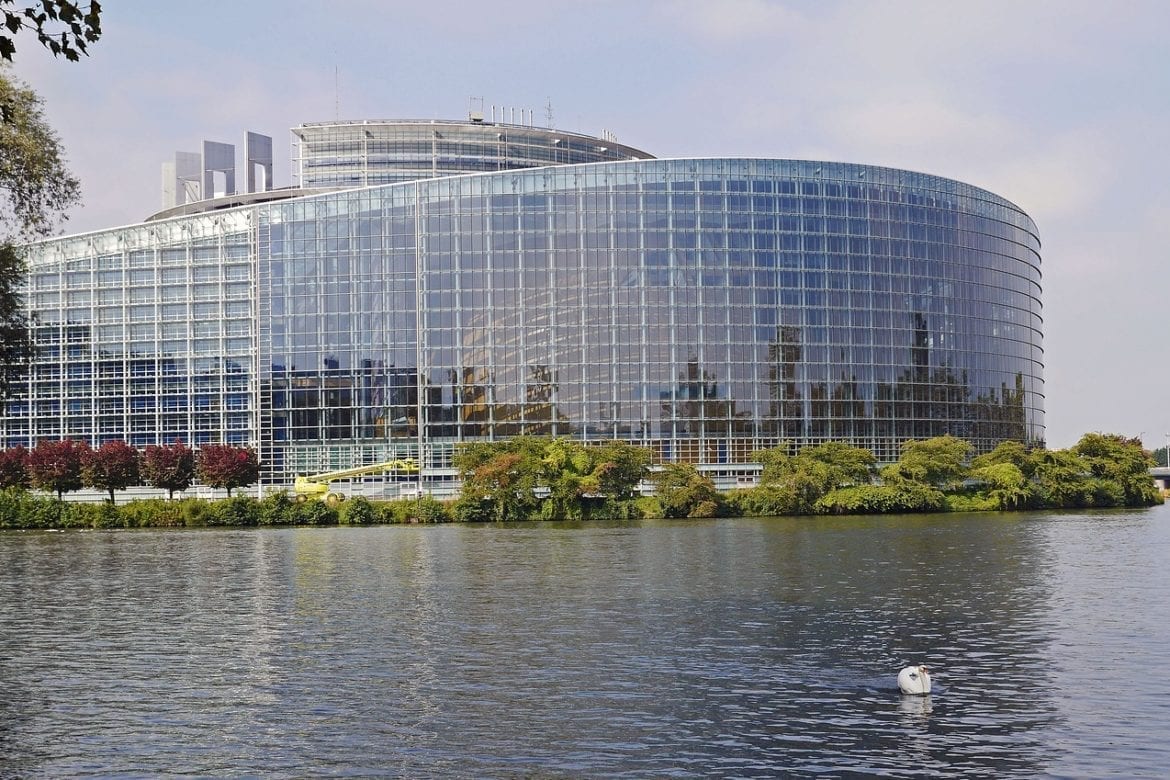|
Getting your Trinity Audio player ready...
|
Last month, the European Parliament formally adopted its Copyright Directive which aims to update existing European copyright laws for the internet. The directive attempts to strike a fair balance between profits made by content creators and the internet platforms that distribute it.
The legislation, due to come into force across the EU by 2021, will allow short snippets of text to be shared by platforms, such as Facebook and Google, without breach of copyright, but also has provisions to protect copyright holders from the use of longer text extracts.
In short, from 2021 onwards, this example doesn’t breach copyright:

But this might:

Writing in the Scotsman, Jonathan Tait, solicitor at BTO Solicitors, argues that the most contentious aspect is Article 17, which will “force websites that host a large amount of user-generated content, such as Facebook, Instagram and YouTube, to police content for copyright violations.” This is further complicated by the fact that “compliance will be problematic due to the complex nature of copyright in itself.”
To lift some of the fog and provide clarity to publishers, WNIP sat down with Owen Meredith, Managing Director of the Professional Publishers Association (PPA), to understand the practical implications.
Nuances of the implementation will matter
According to Meredith, a lot could depend on how each EU member state implements the directive (the UK government has agreed to adopt the directive irrespective of whether it is in or out of the EU). The nuances of the implementation will matter. But that’s in the future, right now another key issue that concerns publishers is related to Article 11 (renamed 15 in recent drafts).
Article 11 labeled by opponents of the law as ‘the link tax,’ enables publishers to charge platforms like Google News for displaying snippets of news stories. This means that social and search platforms will have to enter licensing agreements with publishers to share article content.
Publishers of all sizes and other creators will now have the right to set terms and conditions for others to reuse their content commercially, as is only fair and appropriate.
Xavier Bouckaert, President of the European Magazine Media Association
This might make sharing content unfeasible as a business for many tech platforms. It has been indicated as such through Google’s stringent opposition—the company went as far as saying that it may consider shutting down Google News in Europe if the link tax was implemented. It did so in Spain in 2014 after the law was introduced there.
In the case of Spain, Meredith says, the immediate impact of Google News’ closure was that traffic coming from Google “declined significantly.” But publishers “recovered a lot of that from direct referral traffic.”
However, he adds that most people see Google as the window into the internet. They have some preferred sources that they visit directly, but when they are looking for new content, or an answer, say in B2B media, they may not know the source and have to use Google to find it.
According to Meredith, the EU directive is, “Not a silver bullet. It is not going to solve everybody’s problems. It’s certainly not going to suddenly bring in millions of pounds of revenue to publishers overnight.”
Meanwhile, he suggests that the industry can work together to provide a licensing solution through the NLA or CLA. He says, “I would hope that in time, as we see how exactly the directive has been implemented, and how Google and Facebook, and others decide to respond to the implementation, we can work to deliver a collective licensing solution.”
I think the key is to not make any hasty decisions, not to rush into anything. Not to budget for any new revenues at this stage. This is about codifying the operational framework for the long term.
Owen Meredith, Managing Director, PPA
Advantage in disciplined copyright management
Publishers, Meredith suggests, don’t need to take any individual action at present. But he does recommend acquiring education on copyright and implementing a solid copyright management system, “There’s always a good advantage in disciplined copyright management. We often assume everybody knows what copyright is.
“For example, you have commissioned an image and believe that you own the copyright and can reuse that. Whereas, often if you’ve commissioned an image for a print magazine, you might only have captured the rights to reproduce it in print. You can’t necessarily then go and tweet it, and use it on social media platforms and elsewhere if you haven’t also acquired the correct rights for that from the creator. So there is a constant education piece that’s beneficial for the industry.”
In Summary
- There’s no need for publishers to take any action, certainly at present
- Brush up on your existing copyright management and ensure it’s fit for purpose
- Don’t expect the EU Copyright directive to be a new revenue stream – it won’t be
…………………………………………………………………………………………………………………

Image by Erich Westendarp from Pixabay


